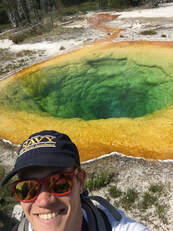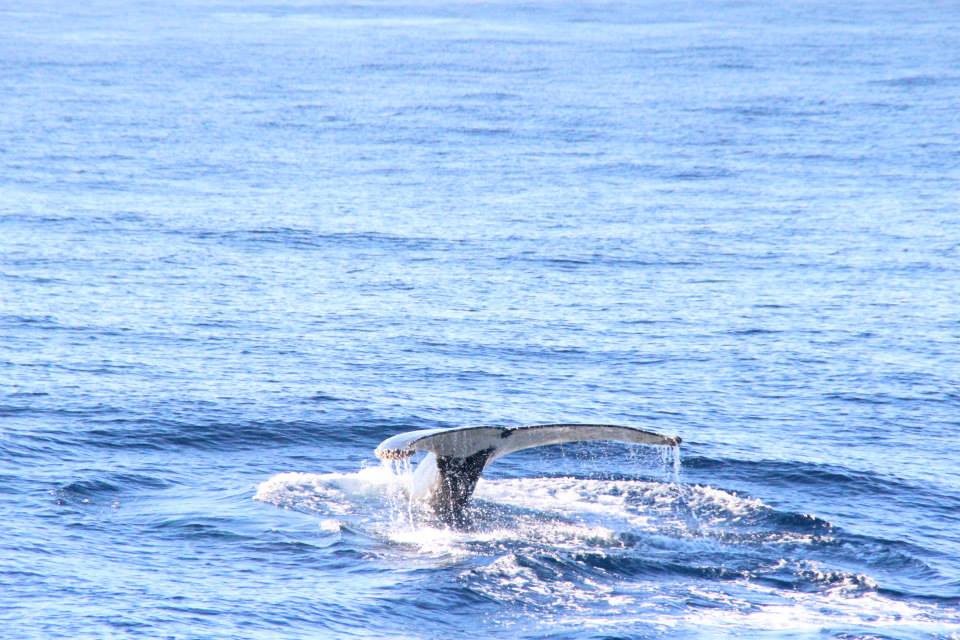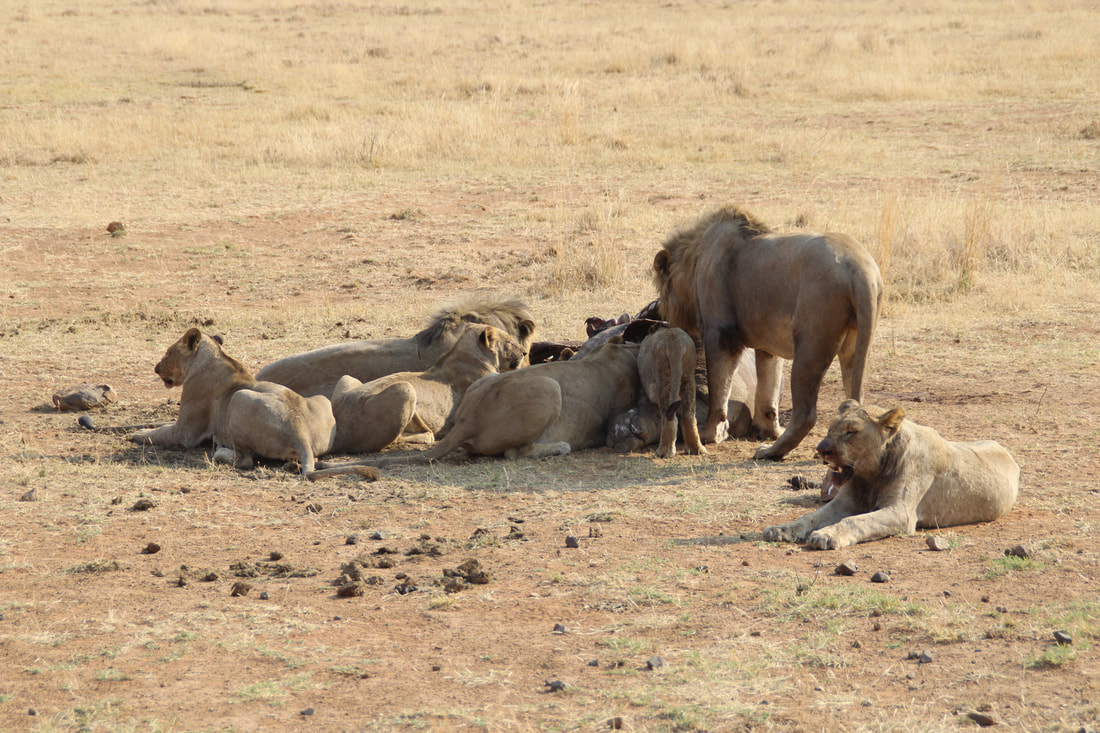Position: Integrated Masters (MBiol) Student
Supervised by: Prof. Stephen Willis
Contact Details: Department of Biosciences
Durham University
South Road
Durham DH1 3LE
Email: [email protected]
Supervised by: Prof. Stephen Willis
Contact Details: Department of Biosciences
Durham University
South Road
Durham DH1 3LE
Email: [email protected]
Education
2016 - Present MBiol BioSciences, Durham University
2016 - Present MBiol BioSciences, Durham University



